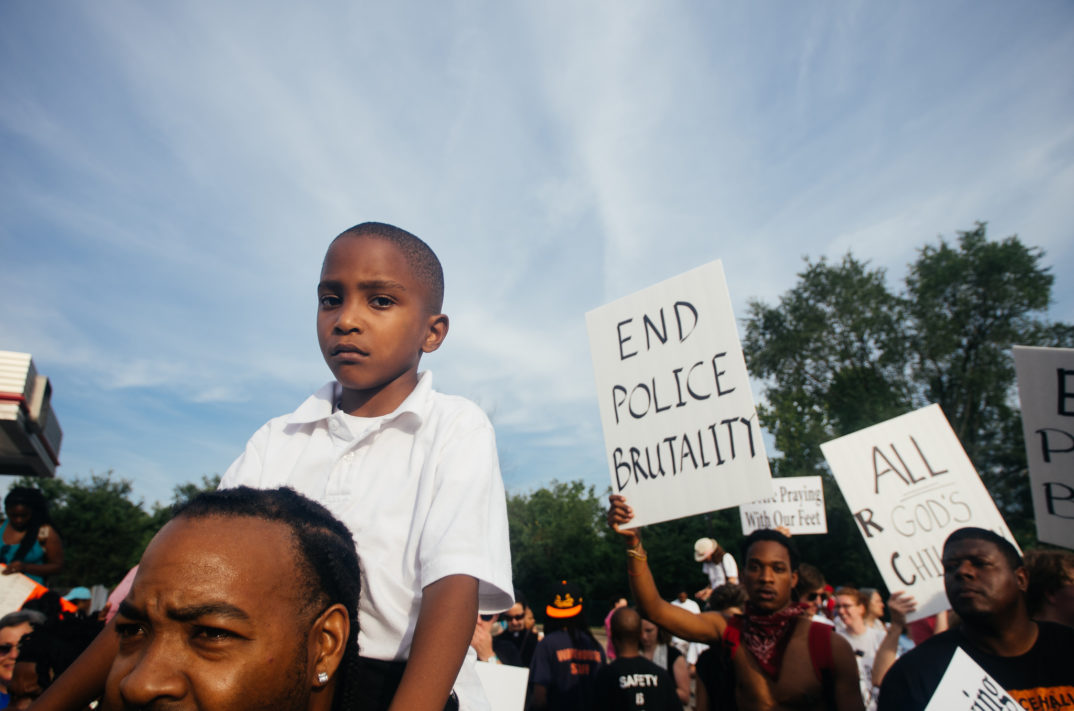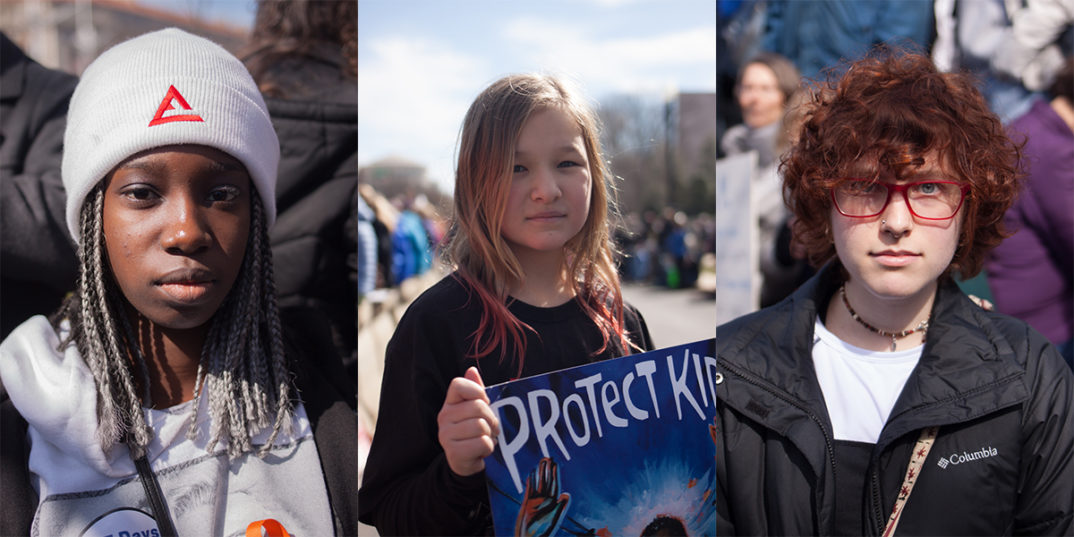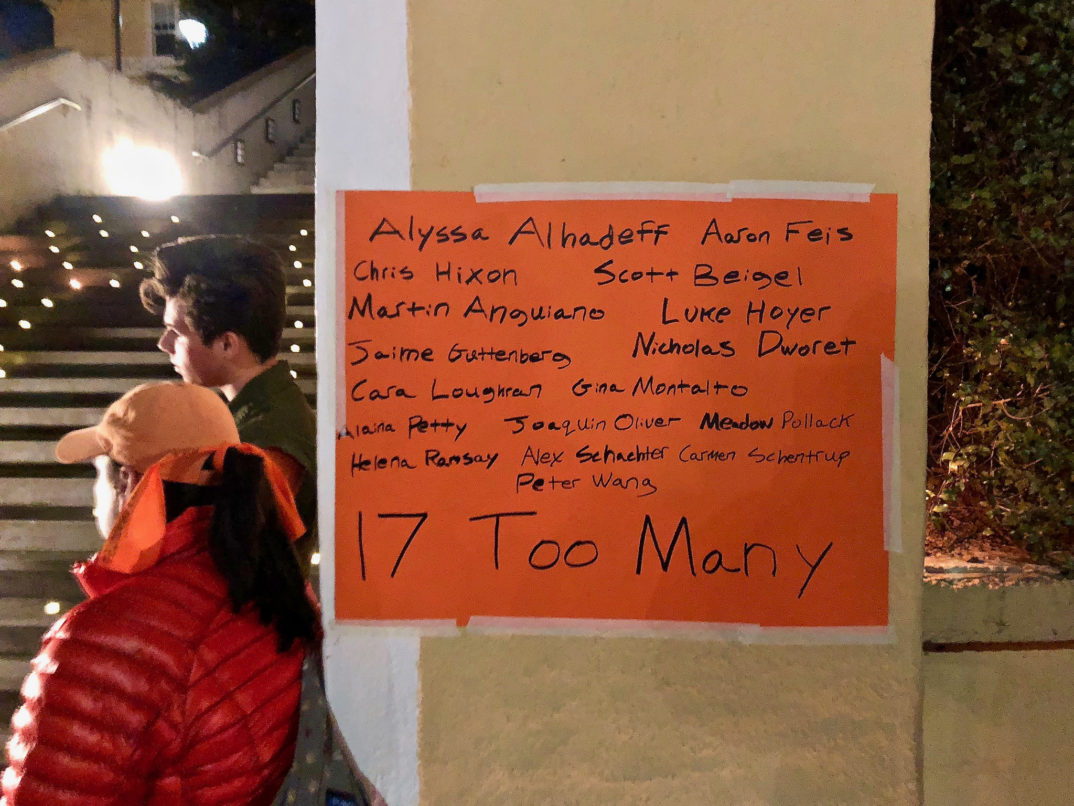In the wake of the 21 deaths at the school shooting in Uvalde, Texas, the national conversation has once again turned to gun violence. And once again, political figures have saturated the airwaves with an abundance of explanations and solutions. The most prominent, of course, is gun control. However, figures like Texas Governor Greg Abbott and Uvalde Mayor Don McLaughlin have appealed to a different explanation – mental health.
There is reason to doubt Governor Abbott’s sincerity, and he was quickly taken to task for cuts in mental health resources and the deplorable state of the Texas mental health system. Politically, mental health is convenient as it provides a possible solution to problems of gun violence without getting into questions of gun control and gun rights.
However, even if mental health is being deployed as a cynical talking point in this particular context, that doesn’t mean it should not be part of a larger conversation about gun violence.
The causes of events like the Uvalde elementary school shooting are complex, and we can ask how the availability of lethal weaponry intersects with issues of poverty, inequality, racism, gun culture, and yes, mental health, to ultimately lead to violence.
However, folding mental health into the discussion is not without risks. First, it can stigmatize mental illness as something generally connected to violence, and second, it can lead to a very individualistic explanation of gun violence that fails to consider broader social and economic factors.
So, how should we understand the purported link between gun violence and mental health? The Uvalde gunman, Salvador Ramos, did not have a diagnosed mental health condition. Most mass shooters appear not to be classically psychotic – only 8% of mass shooters found to be psychotic in a recent study (although it varies somewhat by study). Although many mass shooters, perhaps unsurprisingly, have a record of being psychologically troubled in some way. The Violence Project, a study of mass shooting not affiliated with criminal activity, found generally high levels of suicidality and paranoia. Studies done by the U.S. Secret Service have found around half of mass shooters experienced mental health symptoms prior to attack.
The problem however is that mental health troubles are very common, and that mass shootings are very rare – even in the United States.
Moreover, while mental illness does have some correlation with violence,
the fact remains that the vast majority of people with diagnosed mental illness are not dangerous and violence may often be better explained by associated factors like unemployment or substance abuse.
Focusing on specific diagnosable mental illnesses then does not seem a productive way to address gun violence. The framing Governor Abbott used suggests that anyone who would commit this kind of violence must, necessarily, have a mental health problem. Philosophers and sociologists refer to the process by which something comes to be treated in a framework of health and disease as medicalization, and that is similar to what is happening here – engaging in a mass shooting is being treated as a sign of a medical problem.
However, whether or not something should be treated as a medical problem can be ethically contentious. First because it can subject people to forms of social control, e.g., involuntary hospitalization, and second because it prioritizes a medical explanation, e.g., Ramos’s actions are thought to betray an undiagnosed mental illness. This purportedly medical explanation can then prevent people from considering others causes, such as the availability of guns or the effect of racist ideology like replacement theory.
Medicalization is always a partly social process, but it is responsive to physical and behavioral features. Treating breast cancer or strep throat within the context of our medical system is an easy decision – they have well-known biological causes and are responsive to medical treatment like chemotherapy or antibiotics. There is, however, no parallel response for the tendency to commit mass shootings. We do not know how to diagnose it (prior to the shooting) or how to treat it. Consequently, even a general mental illness framing for mass shooting largely serves as a way to denigrate the behavior as pathological or abnormal, without providing much guidance about what can be done.
Potentially more promising for addressing gun violence are general welfare approaches to health including mental health. The World Health Organization famously defines health as not merely the absence of disease but “a state of complete mental, physical, and social well-being.“ Admittedly, by having such a broad understanding of health, this perspective tends to turn every problem into a health problem.
But it also helps to connect individual problems to societal problems, and individual well-being to societal well-being, making clear the scope of meaningful mental health solutions to gun violence.
This approach would seek the general social and economic conditions such that mass shootings are rare and could include big-ticket items like inequality.
Generally, mental health becomes less of a topic as one leaves the domain of mass shootings and enters the broader world of gun violence. However, there is one more obvious overlap – suicidality. Guns are an incredibly effective means of suicide and they make suicide attempts extremely fatal. As many people who attempt suicide do not then go on to attempt suicide again, the means matter. National attention to mental health could then be a key way to head off the suicide risk caused by high levels of gun ownership.
Governor Abbott’s remarks may be suspect, but the inclusion of mental health in our national conversation about gun control and gun violence is not.








